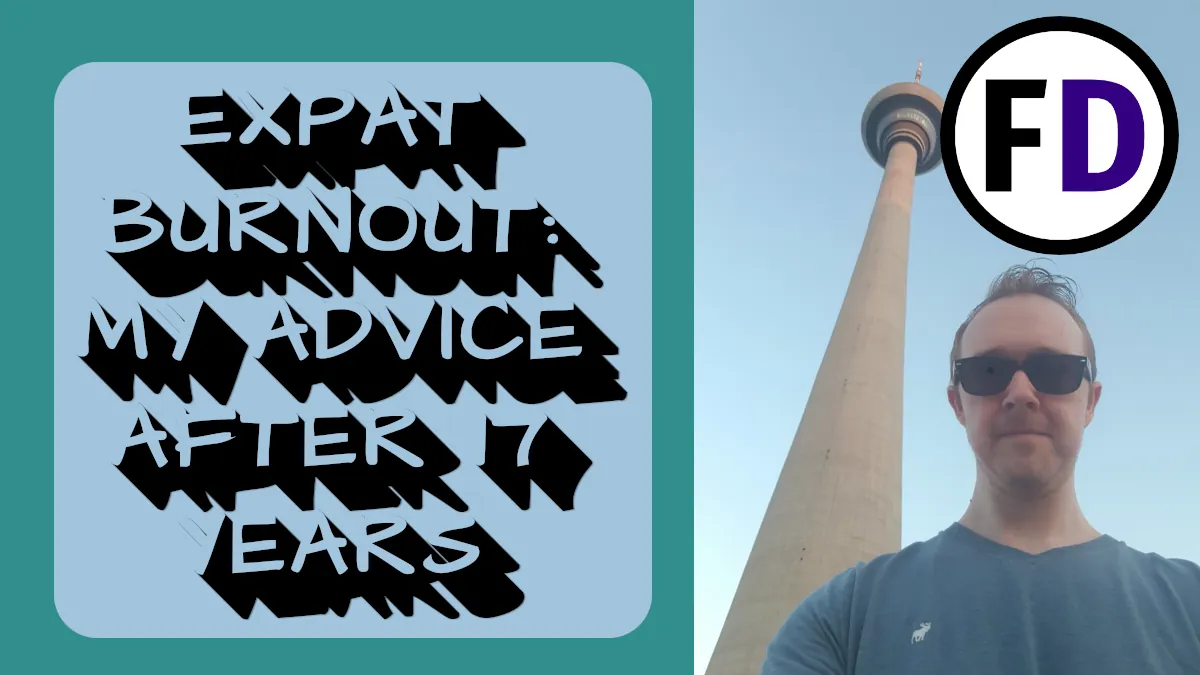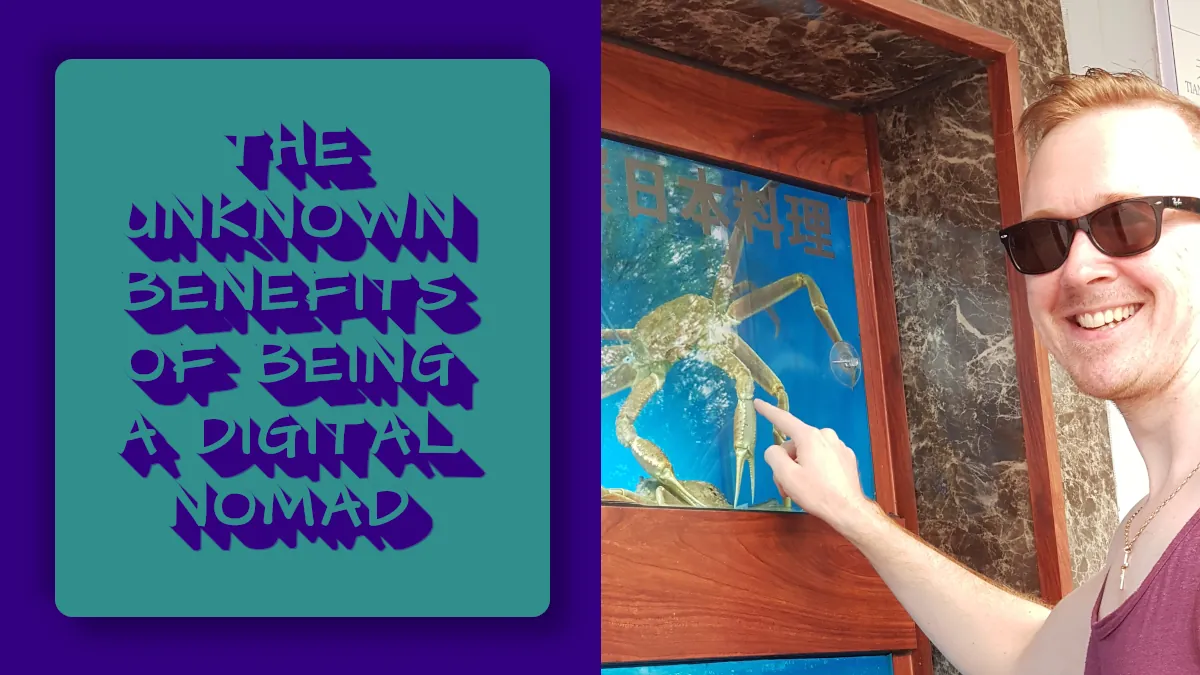The last two years of high school fly by, and then you face graduation and the decision of whether to go to college or not. There are many things to consider before you make your choice, and one of those things is what are your other options? So, let’s explore the alternatives to college and one way to make them all possible for you, below.
Three Reasons You Want a College Alternative
There are plenty of reasons you want to find a non-college route through life. Here are three of the most common.
College (or University) Can Be Expensive
If you live in the U.S. or the U.K., you know all too well that a four-year undergraduate degree doesn’t come cheap! According to EducationData.org, the average cost of college in the United States is between $104,108 and $223,360, and a similar study showed that the price was £49,887 in the U.K.
Of course, you’ll most likely get a student loan to cover most of that, either from the government or the “bank of Mom and Dad,” but still, that’s money you could spend another way.
- It could cover the cost of setting up a business
- Help you fund your lifestyle while becoming a freelancer
- It could pay for the flights and getting settled in a new country
- You could buy tools or equipment
In fact, you could do all four of these ideas for the current price of an undergraduate education and still have money left over.
You’re Done With Education
Not everyone is built for sitting in a classroom for hours every day. In Sir Ken Robinson’s book The Element, he gives example after example of people who were better off taking an alternative route rather than traditional education. The Beatles, Mick Fleetwood, and Vidal Sassoon are just a few.
Degree programs often don’t lead to a specific career path. Studying maths, media studies, or the liberal arts for your higher education doesn’t ensure you will fare well in the job market. After graduation, you may be faced with the same dilemma: to continue into post-secondary education (post-graduate) or choose one of the options below.
Luckily, you can find an occupation and have a fulfilling career without a college education or graduating with a four-year college degree; you’ll find plenty of alternatives to university below.
You Don’t Know What to Do
I worked as a career consultant for many years and spoke to hundreds of students with this problem. They had no idea what they wanted to do for a job; many of them went to college simply because they hated working. But delaying the problem doesn’t solve it.
The fact is everyone needs to make a decision about what they want to do with their lives. The good thing is that you don’t need to decide immediately, although it can feel that way with entrance application deadlines and pressure from friends and family. But college and the alternatives to college will still be there next year or whenever you choose.
Although your choices get fewer the longer you wait, taking the time to make the right choice for you will be worth it. Here’s a process you can use to figure out what you should do.
- Relax! You don’t need to finish this process today. Just get started.
- Explore. Give yourself time (a day, a week) to explore options. Courses, Jobs and careers, and the alternatives below. Create a Master List of anything that appeals to you.
- Plan. Now, you have a list of things you might want to do. Create a brief roadmap of what each would look like. E.g., if you wrote “Become a Yoga Teacher,” your plan might be “Yoga Instructor Certificate > Start a Class > Look for a venue. You don’t need a detailed business plan here, just something basic.
- Imagine. Now that you have some ideas and a basic understanding of what you’d need to do to get started imagine yourself doing each of the things on your list. Which appeals most?
At the end of this exercise, you should have a few options or even one idea you can start working toward. But there is one life hack that will make it easier to build the career and life you want:
Move Abroad: The Best Decision You’ll Ever Make
You may wonder, “How is moving abroad an alternative to getting a college degree?” Let me show you. I moved to China when I was 21. I studied and worked there and in other places in Asia. Living abroad gave me many opportunities I didn’t even recognize till years later. Without which I wouldn’t have the lifestyle I now enjoy.
- Save money – Depending where you go you can reduce your expenses and even come back with more money than when you left.
- Learn skills – Learning a foreign language and about the culture aren’t the only things you can learn in places where tuition is chepaer.
- Earn more – Jobs for expats often pay well, even part time jobs can be enough to live off in some countries.
- More time – It’s incredible how much time you have available when you move far away.
Study Abroad to Reduce Costs
I went to a top-tier University in China and graduated with a Degree in Trade and Economics, and fluent in Chinese. Four years of tuition at a Chinese University cost me less than one year back home.
But that’s not the only saving you make, the cost of living is lower too, so accommodation, food, etc. are all cheaper than in North America or Western Europe.
Of course, it’s not only China. There are cheaper options to study all over. In Germany, for example, many universities like the Free University of Berlin are free, even for international students, or The Universidad Nacional Autónoma de México costs $1000 per year, etc. There are low-cost options all over if you just look for them.
Learn Skills Overseas
Want to become a Yoga teacher? A superb way to differentiate yourself is to have a qualification or certification from a well-known school in India or Bali. Learn a martial art, like learn Muay Thai in Thailand or Tai Chi in China. Perhaps you’d like to open a pizzeria, so why not spend some time in Italy?
You don’t have to go to the country best know for the thing you want to learn, either. Take online courses and learn the skills you want to make a career out of anywhere.
Find a Temporary Job in Another Country
Maybe you’re already past the application date for college, or you still have no idea what to do; spending a year or two in another country might give you the time and space you need to figure it out.
If you’re not going to college, you almost certainly need to get a job, but that doesn’t mean you need to start applying to positions in your hometown; look a little further afield.
Travel broadens the mind. After a year of working overseas, you’ll come back with experience under your belt, an understanding of a different culture, and maybe even fluency in a new language. Not to mention some great travel memories. This kind of experience can give your life direction and focus and a clue for what to study or do for work.
Teaching English is a typical year-abroad job you can do in many countries across Asia and other parts of the world, with little or no experience if English is your native language. Depending on your chosen country, pay is generally good compared to the cost of living where you teach.
Companies like EF are an excellent place to start, as they will help with visas, flights, and getting you settled after you arrive, although you may find better deals looking online.
Become a Freelancer Working Online While You Travel
By becoming a freelancer, you get all the benefits of being your own boss without the responsibilities of running a company. You pick up work when you want and complete it when you want (within the client’s time constraints.) Freelancing can be the perfect job for introverts or if you just don’t like socializing much.
There are more freelancing opportunities than ever, and anyone from a fresh high school graduate to an experienced pro can find gigs to start earning money their own way.
Platforms like Upwork and Fiverr are excellent for getting paid work. Looking at what others offer on those sites will give you a good idea of what you can do.
- Writing
- Virtual Assitant
- Photo Editing
- Video Editing
- Singing (recording lyrics)
- Voiceovers
- Illustrating
- Tech Support
- Logo Design
- Market Research
Build a Business Where the Cost of Living Is Low
Starting a business may sound like a massive undertaking, and it can be, but more and more people are starting small businesses online to help them create the life they want.
Most businesses begin online now, so you can start your company from anywhere. So why not get all the benefits of being somewhere exotic while simultaneously creating a revenue stream for yourself?
Most online businesses center on “selling” one of the following:
- Products
- Services
- Content
Selling a product is the most familiar. You create something people need and then find the people who need it. It could be something you made or a product you have bought for resale. Digital products, such as ebooks, templates, and helpful workbooks or checklists, are a low-cost way to start selling a product to your audience.
Services are more about selling your time and expertise rather than a product. Writing services are always in need and are a surefire way to create a business people will need. You can maximize your bottom line by hiring freelancers rather than employees and doing a lot of the work yourself.
Content is the third you can base your business around. The aim of producing content is to get attention. By creating well-written articles, exciting podcasts, or videos, you can build a following that can be monetized by ads or selling products and services.
Digital nomads have got this one right. If you want to make money online by being a blogger, YouTuber, or producing some other type of content, you can reduce your expenses by moving somewhere with a lower cost of living.
Businesses take time to become profitable, especially if you are relying on Google or social media for traffic. It takes time to build a following, then more time to properly monetize it. For many people, living costs force them to quit before their business becomes profitable.
The best way to counter that is to live somewhere with a low cost of living. Cheaper rent and cheaper food equals more time to let your business take off.
There are other unexpected benefits of becoming a digital nomad, too. When you’re thousands of miles away from friends and family, it’s surprising how much extra time you suddenly have. That’s time you can put toward growing your online presence.
Learn a Trade
Learning a trade doesn’t necessarily mean lower-paying jobs, getting dirty, or hard manual labor, although it might for some industries. You could learn to work with leather and sell bespoke wallets and purses to your online following. You could learn computer repair or networking and help clients solve their problems. Neither of which would be considered hard labor.
The most significant benefit of learning a trade is instant access to a paying job. You can learn most trades on the job (vocational training) and get paid while you learn the basics. Trade schools, community college, or finding an apprenticeship are the most common routes to get hands-on experience and pursue a career in a skilled trade.
When you finally become more experienced or qualified, you will have opportunities to get paid more or start working for yourself.
If you do decide to learn a trade in another country, ensure the certifications are valid back home before booking that flight!
Here are some common trade skills you can consider:
- Carpenter
- Carpet Fitter
- Electrician
- Landscaper
- Painter
- Plumber
- Auto mechanic
- Locksmith
What Are You Waiting For?
Google is the best place to start researching the different options you have, the places you can move to and the things you can do there. That student loan and college course will still be there next year if you change your mind and want to move back home. But if you’re anything like me, that won’t happen.






